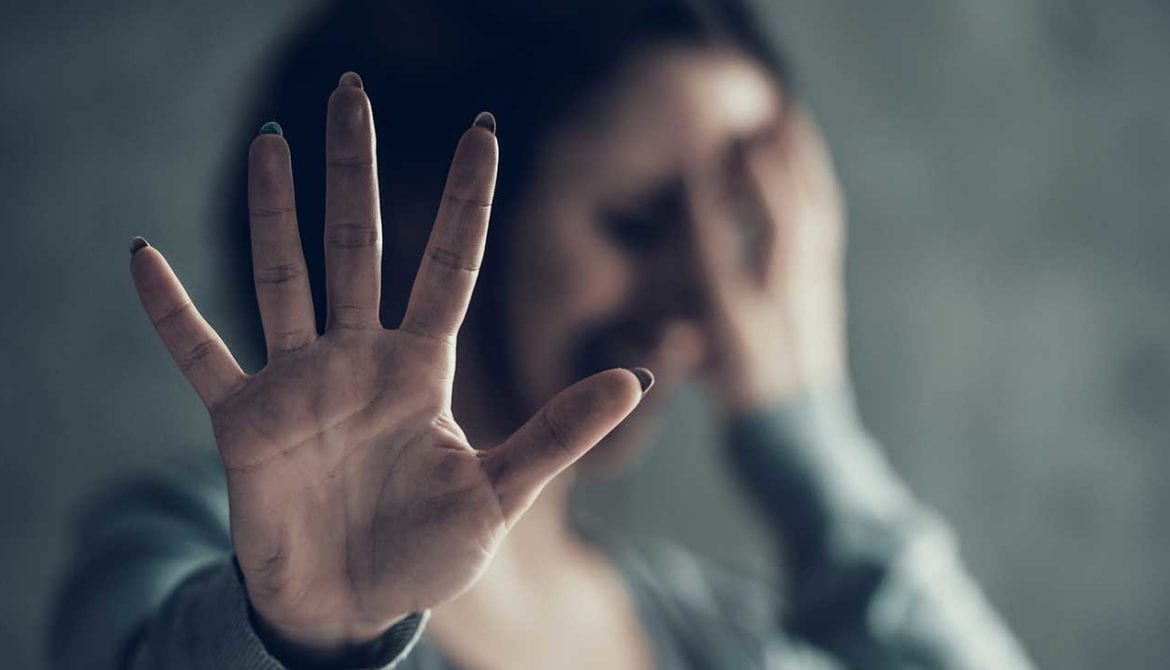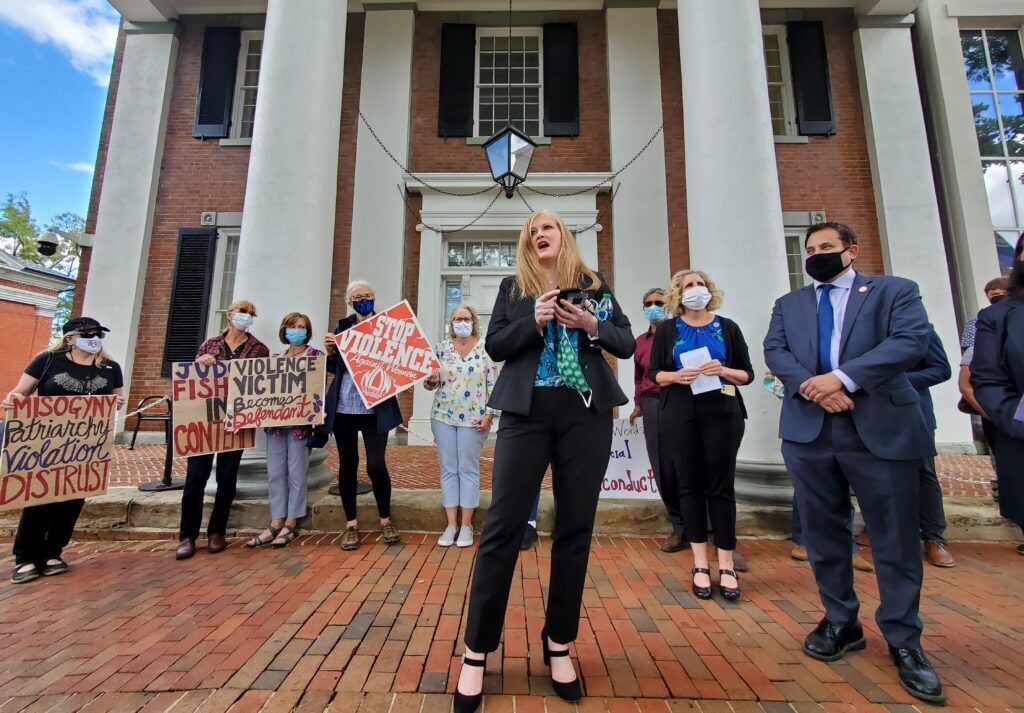Women’s soccer is a passion of mine and while USA is my team, even I had to admit that at this year’s FIFA Women’s World Cup Spain was a dominant force. Their team was among the best, if not the best, that I had watched in my time as a fan. I spent the cup in awe of their ability. This came at a time in which women’s sports are beginning to gain traction, more people than ever watched the NCAA Women’s Basketball Tournament, the University of Nebraska’s women’s volleyball team broke the record for highest attendance at a women’s sporting event, and the World Cup itself was gaining viewership. This team was poised to make history and make history they did. In front of the eyes of the world they brought home Spain’s first ever Women’s World Cup Final victory. Unfortunately, the attention on their victory did not last.
During their celebrations, Vice President of the Royal Spanish Football Federation, Luis Rubiales kissed player Jenni Hermoso without her consent. Within the week Spanish soccer shut down. No longer were discussions of the women’s team about their victory, but instead about this kiss and the perpetrator who refuses to step down.
The public outcry has been somewhat unique compared to many incidents in women’s sports. In past instances the supporters of the women that were impacted by these events are majority women as well, especially within the realm of support from other athletes, but this time was different. Players from men’s and women’s teams across Spain made statements in open opposition to Rubiales continuing to hold his office. Athletes from both sections of Spanish soccer have pledged to refuse to play for Spain so long as Rubiales remains in office.
Are there instances that have played out in a similar manner in other settings? I’m curious if there has been similar support for a woman in this sort of situation outside of sports.

 A couple of days ago, a female student at D.H. Conley High School in Greenville, NC reported being sexually assaulted by a male student, who had also allegedly assaulted six other females at the school. A friend of the female that reported the assault to school administration and the school resource officer wasn’t taken serious and was actually threatened with 3-days of school suspension if she or the other girls did not keep quiet about the situation. To further add, the unnamed male student faced no repercussions and was not even removed from the female student’s class.
A couple of days ago, a female student at D.H. Conley High School in Greenville, NC reported being sexually assaulted by a male student, who had also allegedly assaulted six other females at the school. A friend of the female that reported the assault to school administration and the school resource officer wasn’t taken serious and was actually threatened with 3-days of school suspension if she or the other girls did not keep quiet about the situation. To further add, the unnamed male student faced no repercussions and was not even removed from the female student’s class.
